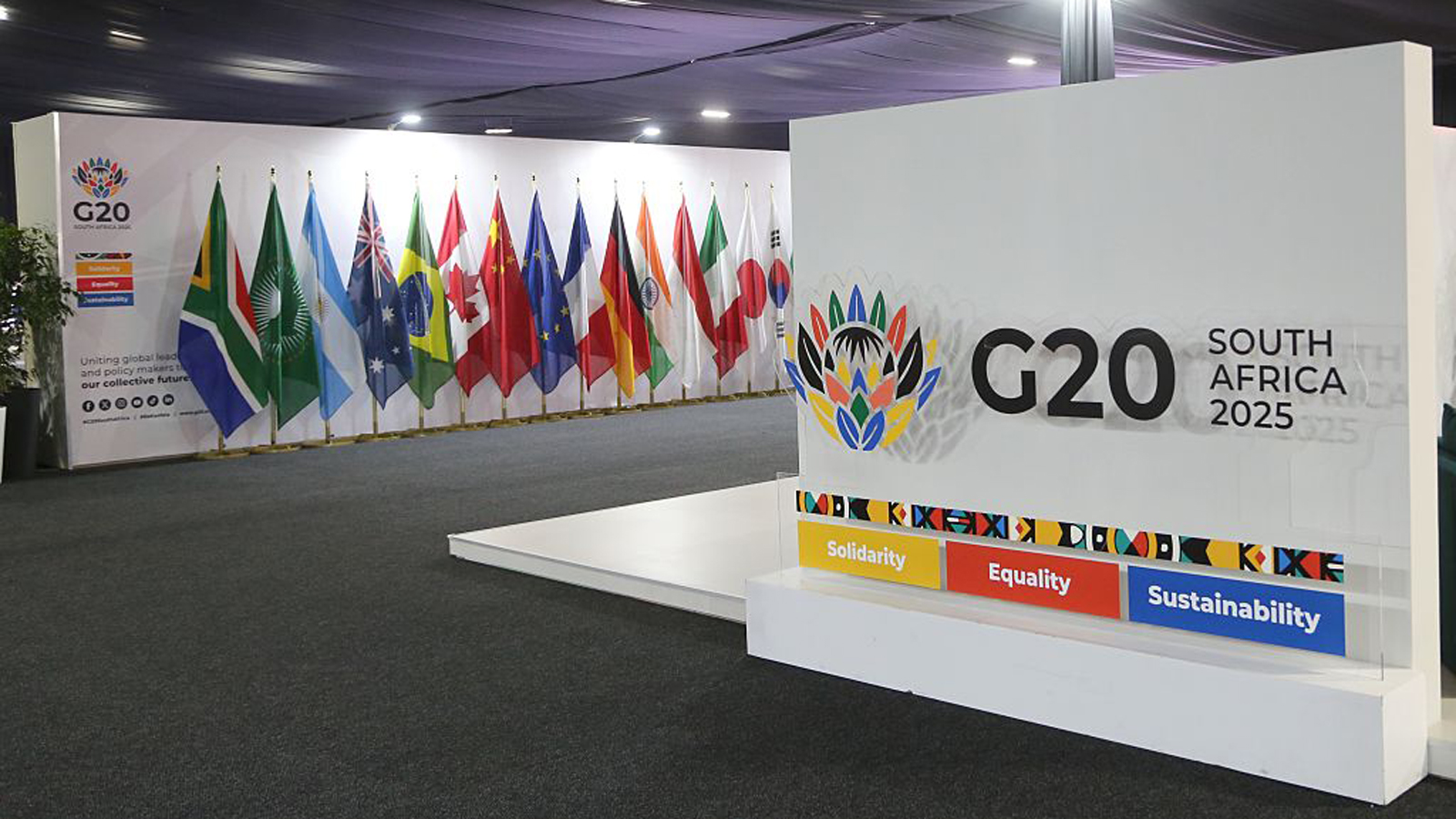The Group of Twenty (G20) continues to play a central role in promoting international economic stability and shaping collective responses to global challenges. Established in 1999 after the Asian financial crisis as a forum for Finance Ministers and Central Bank Governors, the G20 has since broadened its mandate to cover a wide range of socio-economic issues. Its agenda now includes trade, climate change, sustainable development, agriculture, energy, environment, health, and anti-corruption.
Representing 85% of global GDP, over 75% of world trade, and two-thirds of the global population, the G20 has become the premier platform for economic cooperation. The G20 was upgraded to the level of Heads of State/Government in the wake of the global economic and financial crisis of 2007.
How the G20 Presidency Rotates and Functions
The G20 operates without a permanent secretariat, relying instead on an annually rotating Presidency selected from five regional groups. Each group includes up to four countries, with rotation ensuring regional balance in leadership. The Presidency is responsible for setting priorities, coordinating the agenda, and hosting the annual Summit.
To maintain continuity, the G20 Presidency is supported by a Troika consisting of the past, current, and upcoming hosts. During South Africa’s Presidency, the Troika includes Brazil, South Africa, and the United States. This mechanism allows for a coherent transition in priorities and long-term policy planning.
Structure of G20 Working Processes
The G20 functions through two main tracks: the Sherpa Track and the Finance Track. The Sherpa Track deals with a wide spectrum of socio-economic issues, including agriculture, digital economy, environment, education, tourism, health, and anti-corruption. These areas are addressed through dedicated Working Groups coordinated by Sherpas who act as the personal representatives of the Leaders.
The Finance Track is led by Finance Ministers and Central Bank Governors and focuses on fiscal and monetary policy, financial regulation, international taxation, infrastructure, and global financial systems. This track meets several times a year, including on the sidelines of major international financial institution meetings.
Both tracks involve participation from invited countries and international organisations, ensuring diverse inputs into policy deliberations.
Engagement Groups Strengthen Stakeholder Participation
In addition to government-led working processes, the G20 engages regularly with non-government stakeholders through its Engagement Groups. These groups include Business20, Civil20, Labour20, Women20, Think20, Science20, Youth20, Parliament20, Startup20, Urban20, and SAI20.
The Engagement Groups gather views from business communities, civil society, research organisations, youth networks, and other sectors. They provide recommendations that contribute to the leaders’ discussions and help refine G20 policy outcomes.
G20 Membership and Inclusion of the African Union
The G20 comprises 19 countries along with the European Union and, since 2023, the African Union. India pushed for the inclusion of the African Union as a permanent member of the G20 in June 2023 during its Presidency. On September 9, 2023, the grouping, which represents 55 countries, was admitted as a new member at the New Delhi Summit. Its membership reflects the world’s major advanced and emerging economies. The inclusion of the African Union widens the representation of developing regions and strengthens the group’s ability to address global priorities.
Guest countries are invited to participate each year at the discretion of the Presidency, ensuring broader international engagement. Several international organisations support the G20 process by providing policy analysis and technical expertise.
Evolution of G20 Summits Since 2008
Since the first Leaders’ Summit in 2008, the G20 has moved beyond its initial role as a crisis-response platform to address long-term global priorities. Summits now focus on issues such as climate resilience, digital transitions, sustainable development, global health cooperation, and international financial reforms.
Each Summit is guided by the host country’s priorities and includes a distinct logo and theme that reflect contemporary global challenges. The outcomes of these meetings help guide coordinated international action and reinforce the G20’s role in shaping global policy frameworks.














